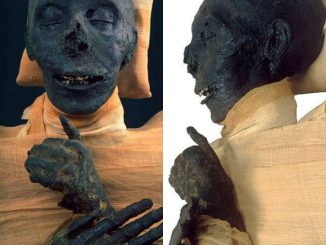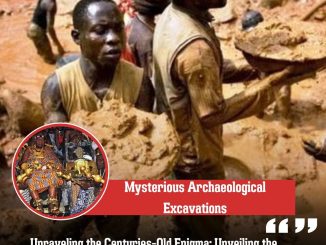In the realm of archaeology, there are few discoveries as captivating as the unearthing of ancient civilizations lost beneath the sands of time. Recently, the submerged city of Heracleion, nestled in the depths of Egypt’s waters, has emerged as a focal point of historical intrigue. Dating back to the late seventh century B.C., Heracleion was once a bustling port city, a thriving hub of trade and cultural exchange. However, it vanished beneath the waves more than 1200 years ago, leaving behind a wealth of secrets waiting to be uncovered.

Among the treasures unearthed from this submerged metropolis is the breathtaking Temple of the Greek Goddess Aphrodite. This discovery has sparked renewed interest in the ancient city and shed light on the religious practices and artistic achievements of its inhabitants. Join us as we delve into the depths of Heracleion’s history and explore the significance of this remarkable find.

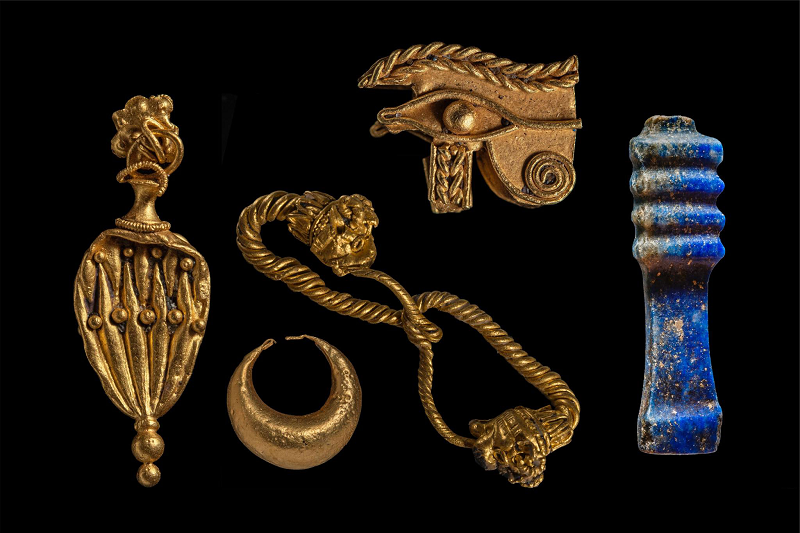
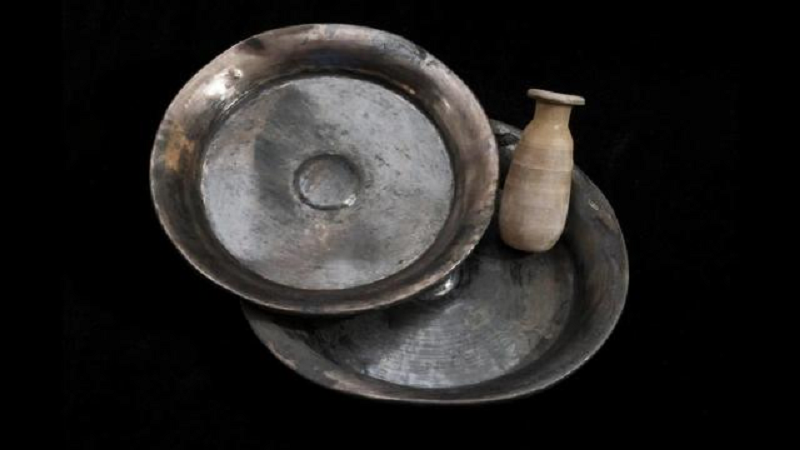
The Temple of Aphrodite, discovered amidst the ruins of Heracleion, stands as a testament to the enduring legacy of Greek civilization in ancient Egypt. Built between 664 and 525 B.C., during a period of vibrant cultural exchange between Greece and Egypt, the temple served as a place of worship for devotees of Aphrodite, the goddess of love, beauty, and fertility.
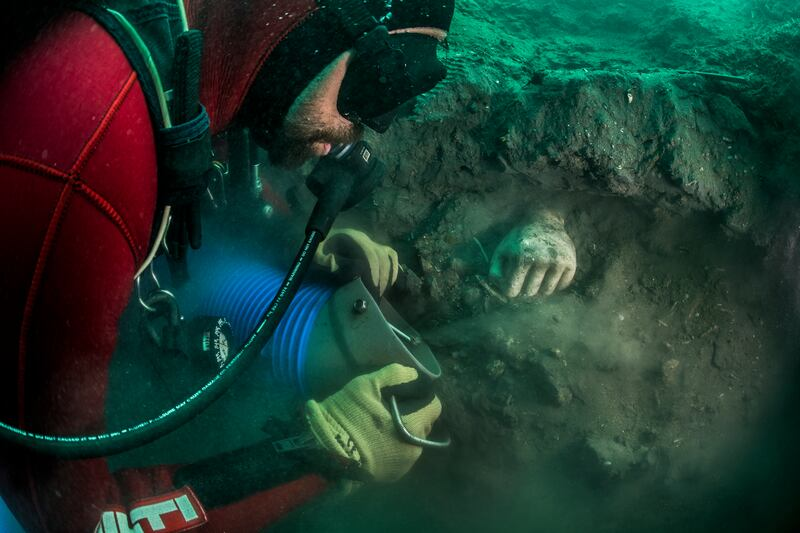
Archaeologists have unearthed a treasure trove of artifacts within the temple’s hallowed halls, offering tantalizing glimpses into the religious practices and daily life of the city’s inhabitants. Among the most remarkable finds are exquisite gold jewelry, delicate ceramics adorned with intricate patterns, and a stunning marble statue depicting Aphrodite herself in all her divine splendor.

The discovery of the temple has also shed light on the role of religion in ancient Heracleion. As a bustling port city, Heracleion was a melting pot of cultures, where Greek, Egyptian, and other Mediterranean influences intermingled. The presence of a temple dedicated to Aphrodite suggests that worship of Greek deities coexisted alongside traditional Egyptian religious practices, underscoring the cosmopolitan nature of the ancient city.

In addition to the temple itself, archaeologists have uncovered a wealth of other artifacts scattered throughout the submerged ruins of Heracleion. Among these are intricately decorated amphoras shaped like animals, believed to have been used for storing precious commodities such as wine, oil, and grain. These artifacts offer valuable insights into the city’s economic activities and trade networks, which played a crucial role in its prosperity.
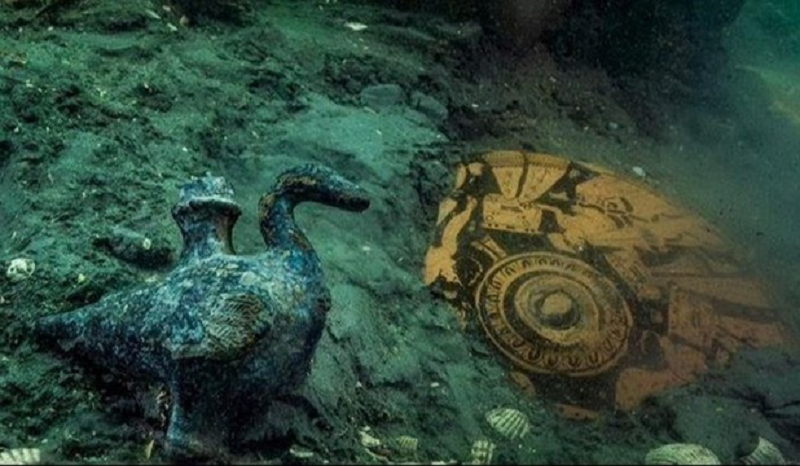
The discovery of the Temple of Aphrodite has reignited interest in Heracleion and sparked new avenues of research into the city’s history and significance. Archaeologists continue to explore the underwater ruins, hoping to unravel the mysteries of this ancient metropolis and gain a deeper understanding of its role in the ancient world.

Conclusion
The discovery of the Temple of Aphrodite at Heracleion represents a triumph of modern archaeology, offering a tantalizing glimpse into the rich tapestry of ancient history. Lost beneath the waves for more than 1200 years, the submerged city has yielded a treasure trove of artifacts that shed light on the cultural, religious, and economic life of its inhabitants.
As researchers continue to explore the ruins of Heracleion, we can only imagine what other secrets lie waiting to be uncovered beneath the waters of the ancient city. The discovery of the Temple of Aphrodite serves as a reminder of the enduring power of the past to captivate our imaginations and inspire awe and wonder in the present day.
In the coming years, as archaeologists delve deeper into the mysteries of Heracleion, we can expect to gain a deeper understanding of this enigmatic city and its place in the annals of history. For now, the Temple of Aphrodite stands as a testament to the resilience of ancient civilizations and the timeless allure of the past.

